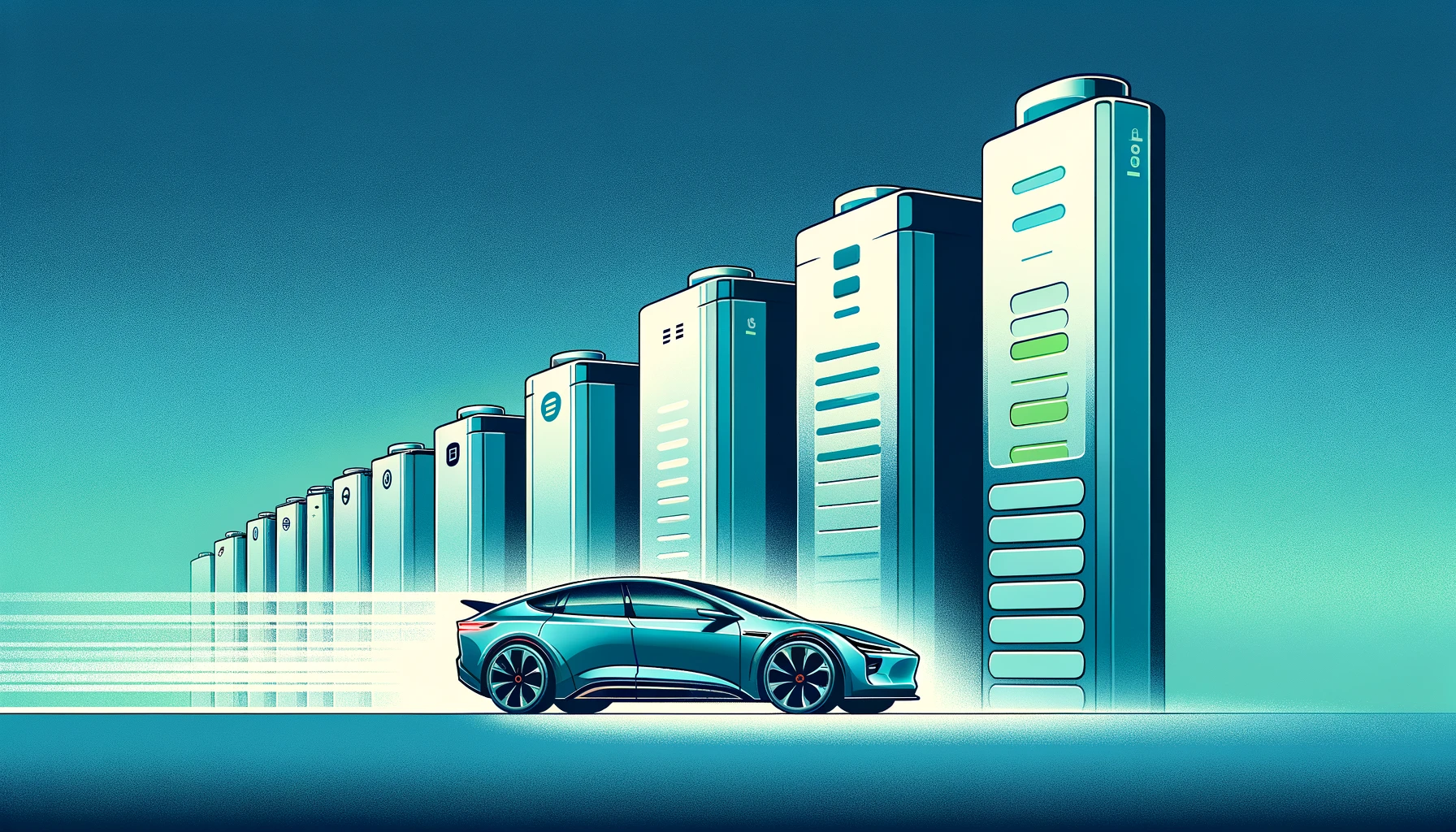
In the rapidly evolving world of electric vehicles (EVs), the U.S.-based automotive giant Tesla has long been viewed as the pioneer leading the charge toward a greener future. However, as the electric vehicle revolution accelerates globally, Tesla finds itself facing stiff competition from overseas manufacturers. Nowhere is this more apparent than in China, the world’s largest EV market, where domestic automakers are not just catching up but, in some cases, overtaking the American behemoth in both innovation and sales. Leading this pack is BYD, a company receiving significant support from investors like Warren Buffett, which has recently surged ahead to become the world’s top EV maker.
In the final quarter of 2023, a seismic shift occurred in the electric vehicle industry: BYD overtook Tesla in global EV sales, a feat that underscores the rapidly changing dynamics within the sector. This event marks a pivotal moment, highlighting the growing prowess of Chinese manufacturers in the EV landscape.
Evelyn Cheng, CNBC’s Beijing correspondent, remarked on BYD’s ascendancy, stating, “BYD has grown into this powerhouse in the new energy vehicle industry. When you look at the monthly rankings, they’re always at the top.” This is a testament to BYD’s strategic positioning and its successful expansion in the global market.
Founded by Wang Chuanfu in the 1990s as a battery manufacturer for mobile phones, BYD has adeptly transitioned into the automotive sector. By 2003, the company had expanded its operations into the auto industry and has not looked back since. Today, BYD stands as China’s premier car brand and a leading force in EV battery production.
Advancements in Battery Technology
- Lithium-Iron Phosphate Batteries: BYD has been at the forefront of developing lithium-iron phosphate batteries, noted for their longevity and cost-effectiveness. According to Sam Abuelsamid, principal analyst at Guidehouse Insights, these batteries “cost about 30-40% less per kilowatt-hour to manufacture” compared to traditional lithium-ion batteries, offering a significant advantage in terms of sustainability and price.
BYD’s approach to making EVs more accessible is reflected in its pricing strategy. Many of BYD’s models are priced competitively, with several offerings starting at under $20,000. This aggressive pricing has been a key factor in the company’s rapid growth and expanding market share.
- The Seagull: A prime example of BYD’s price competitiveness is the launch of the Seagull model in Munich, priced at an astonishing $11,500. Michael Dunne, CEO of Dunne Insights, points out that to find an entry-level vehicle in the United States or Europe, one would have to pay significantly more, emphasizing BYD’s strong position in the segment for vehicles priced at $35,000 and under.
BYD is not content with dominating the Chinese market alone; it has set its sights on global expansion. In the past year, the company exported over 240,000 cars to more than 70 countries. With plans for a European factory in Hungary and explorations for potential sites in Mexico, BYD is strategically positioning itself as a global EV leader.
- Preparation for the U.S. Market: BYD’s global strategy includes a keen eye on the lucrative U.S. and European markets. “They’re definitely preparing for the U.S. market, waiting for the right timing,” Dunne remarked, highlighting the company’s ambition to not just enter but succeed in these competitive markets to ensure its global growth.
To better understand the competitive landscape between BYD and Tesla, here’s a comparative table that highlights key aspects of both companies:
| Feature | BYD | Tesla |
|---|---|---|
| Founded | 1995 | 2003 |
| Headquarters | Shenzhen, China | Palo Alto, California, USA |
| 2023 EV Sales | Surpassed Tesla | Second to BYD |
| Key Products | Electric vehicles, batteries, solar panels | Electric vehicles, battery storage systems |
| Global Expansion | Over 240,000 cars exported in 2023 | Established presence in Europe, Asia, and more |
| Pricing Strategy | Highly competitive, models starting under $20,000 | Premium pricing, with newer models aimed at more affordable segments |
| Battery Technology | Leading in lithium-iron phosphate batteries | Focus on lithium-ion technology |
| Market Strategy | Aggressive global expansion, including plans for manufacturing in Europe and possibly Mexico | Continued innovation and expansion, with significant investment in charging infrastructure |
The electric vehicle sector is witnessing a dynamic shift, with traditional leaders like Tesla facing unprecedented competition from companies like BYD. This competition not only signifies the maturing of the EV market but also heralds a new era where innovation, affordability, and global market strategies become the key drivers of success. As BYD continues to challenge the status quo with its cutting-edge battery technology, competitive pricing, and aggressive global expansion, the implications for consumers and the broader automotive industry are profound.
Related News:
Featured Image courtesy of DALL-E by ChatGPT
